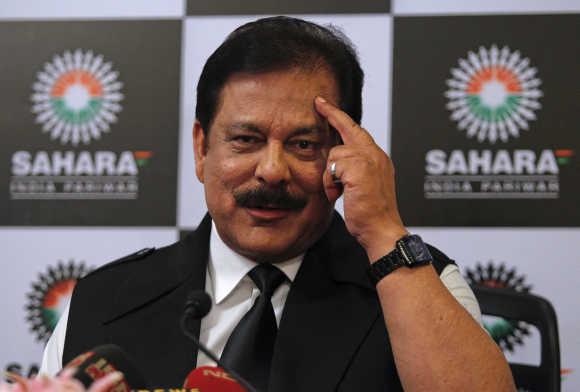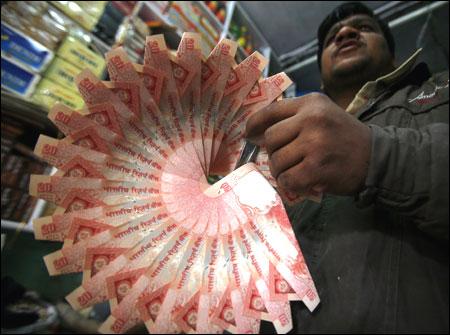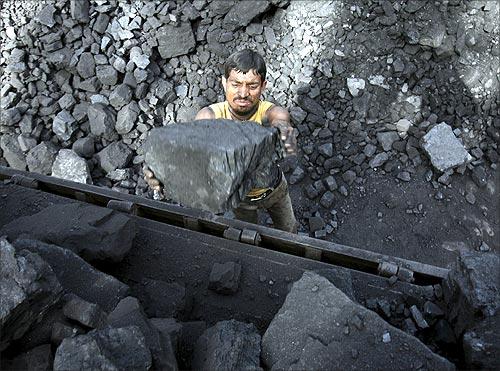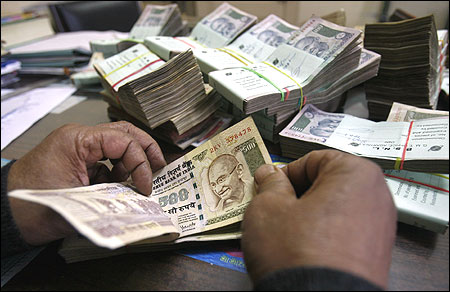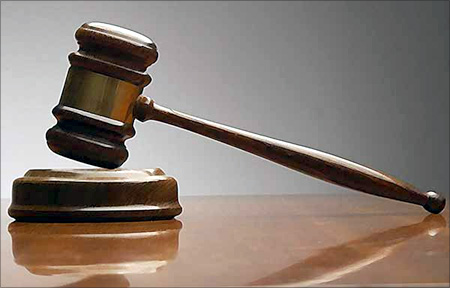 | « Back to article | Print this article |
Biggest corporate legal battles in 2012
Severe jolt to Sahara Group, strict scrutiny of mining activities and scrapping of licences for 2G spectrum dominated the corporate legal battle in 2012 in the Supreme Court which gave a decisive victory to telecom major Vodafone in a Rs 11,000 crore tax case.
The apex court allowed Vodafone International Holdings' appeal against the Bombay High Court decision and held that the telecom giant's transaction with Hong Kong-based Hutchison Group was a "bonafide" FDI which fell outside the tax jurisdiction of the Indian authorities and cannot be termed as a "sham" deal entered into with an attempt to avoid tax.
While Vodafone was rejoicing its victory, the Income Tax department worked hard to get the verdict over-turned but failed to get any relief as the apex court rejected its plea for review of the January 20 judgement.
Click NEXT to read more...
Biggest corporate legal battles in 2012
On other front, it was a lost battle for Sahara Group which on August 31 was directed to refund around Rs 24,000 crore to their investors within three months with 15 per cent interest per annum.
The apex court said that if the companies--Sahara India Real Estate Corporation (SIREC) and Sahara Housing Investment Corporation (SHIC)--fail to refund the amount then SEBI can attach properties and freeze bank accounts of the companies.
Attempts to get extension to comply with the directions ultimately bore some results when a bench headed by Chief Justice Altamas Kabir modified the directions passed by another bench and granted time till first week of February to refund the money.
However, one judgement which gave a body blow to both the government and corporates, was the February 2 verdict of the apex court scrapping the 122 licences for the 2G spectrum.
Click NEXT to read more...
Biggest corporate legal battles in 2012
After failing to get any relief against the February 2 verdict, government moved the apex court with Presidential Reference against the direction that all natural resources have to be alienated through the route of "auction".
Finally, a five-judge constitution bench was of the opinion that auction is not the only method for allocating natural resources to private companies and made it clear that its 2G verdict was confined to spectrum and not to other resources.
Along with the 2G spectrum matter, the illegal mining activities in Karnataka, Goa and other states involving nexus between big business houses and politicians came under the prying eyes of the Supreme Court.
A forest bench of the apex court directed CBI to probe into illegal mining activities in Bellary, Tumkur and Chitradurga districts and at one time imposed total ban on extraction, transportation and trading in iron and ore in the state.
Click NEXT to read more...
Biggest corporate legal battles in 2012
Another state which bore the brunt of the apex court was Goa after an expert panel recommended total ban on the mining activities by suggesting that it was more rampant there than Karnataka.
Besides the SEBI-Sahara clash, another reason for which the market regulator was in news was relating to the petition challenging the appointment of U K Sinha as it chairman.
The apex court agreed to examine allegations of some irregularities by including as respondent President Pranab Mukherjee's close aide Omita Paul for explanation.
It said Paul, who was advisor to Mukherjee when he was Finance Minister, has to be impleaded as "only she can answer these allegations" of irregularities and questions raised on the appointment of Sinha.
Click NEXT to read more...
Biggest corporate legal battles in 2012
However, the case which drew international attention was the plea made by Swiss pharma giant Novartis AG's for getting its blood cancer drug Glivec patented in India.
Novartis approached the apex court challenging the order of Chennai-based Intellectual Property Appellate Board (IPAB), which rejected its appeal against patent department's decision on Glivec.
Several domestic pharma major including Cipla has contested Novartis plea and the judgement has been reserved.
However, a verdict which will bring confidence for foreign investors, was the ruling that Indian courts can't judge arbitrate proceedings held outside.
In the landmark verdict, the Supreme Court held that arbitral proceedings conducted offshore would not be open to judicial scrutiny of Indian courts which can only deal with enforcement of foreign awards.
The judgement, with prospective effect, is expected to come to the aid of firms which obtain arbitral awards in their favour abroad but face hurdles as these come under the judicial scrutiny in Indian courts.
